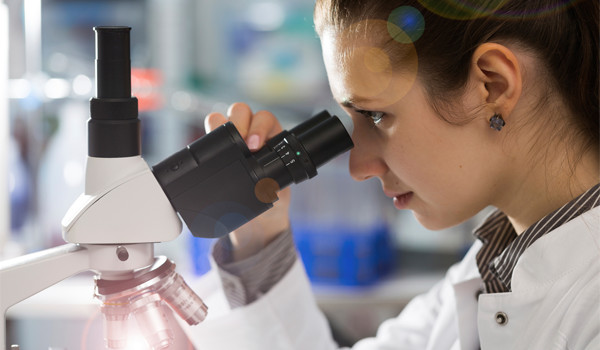Donating Your Body to Science

Have you ever thought about donating your body to science? Donating your body means you consent to donate your entire body upon your death for medical research and education. The idea is not new, but more people are starting to consider it as a way of giving back. It’s estimated that at least 20,000 bodies are donated each year.
The decision to donate your body can be made at any time. First, you need to research the available options in your area and make the arrangements yourself. To get started, the University of Florida has compiled a list of body donations in the United States. There are a number of private organizations that accept body donations too. The National Family Services Desk operates a free body donation referral service during business hours at 800-727-0700.
When your decision has been made and you’ve chosen a program, share you decision with your family, physician, and caregivers. By doing your research and making the necessary preparations, your family won’t be left trying to understand your wishes. You should also put your wishes in writing, such as in your medical power of attorney or living will.
The process of body donation is fairly easy to arrange. Signing up is as simple as completing some forms. And if you change your mind, simply revoke your authorization in writing and let your family and physician know. As soon as death occurs, your family will need to know what to do and who to contact to begin the donation.
Like anything, there are advantages and disadvantages to body donation.
Advantages:
- Helps science and medicine discover more treatments, resulting in more lives saved.
- Advances education by helping medical students, doctors, anthropologists, and law enforcement.
- Facilities that accept donations often provide a free cremation, which saves families from paying for cremation and other costs.
- Most organizations pay for transporting your body, and will return your ashes to your family.
Disadvantages:
- Some programs exclude bodies that have expired from certain conditions. It’s important to do your research to reduce the risk of your body being rejected.
- Despite pre-planning and approval, your body could still be rejected. It’s important to make alternative arrangements. Make sure you discuss your wishes with your family.
- There is usually not enough time to hold a funeral or memorial service with the body present. A funeral or memorial service may be held without the body or cremated remains; however, this may make closure difficult for some loved ones.
Additional Considerations
- Check with the program about what’s included, such as transportation, cremation, and other services, so your loved ones will know what they may be responsible for paying.
- You may not be able to choose how your body will be used, but some companies will provide family members with information about the kind of research your body contributed to.
- Medical schools have specific rules that must be followed in order to donate a body for their use. Often, schools will not accept a body that has been autopsied or that has donated organs.
- Federal law prohibits paying for bodies, so family members will not receive any compensation.
- If your family wishes to conduct any final services, they will need to be prepared to pay for those services.
- Medical schools may be required to embalm the body if it needs to be preserved for a long period of time.
- The decision to donate a body can be made by the immediate next-of-kin at the time of death, so it’s important to discuss your wishes with your loved ones ahead of time.
- Some funeral homes will help facilitate body donation for a nominal fee.
Many people still choose a traditional funeral, but there are signs that as a culture we are beginning to embrace funeral alternatives. In the United States, cremations are on the rise, as are “green funerals,” as we become more environmentally minded. Donating your body to science is a unique choice, but an increasing number of people are making that choice as a way to contribute to medical science and reduce final expenses for their family.
